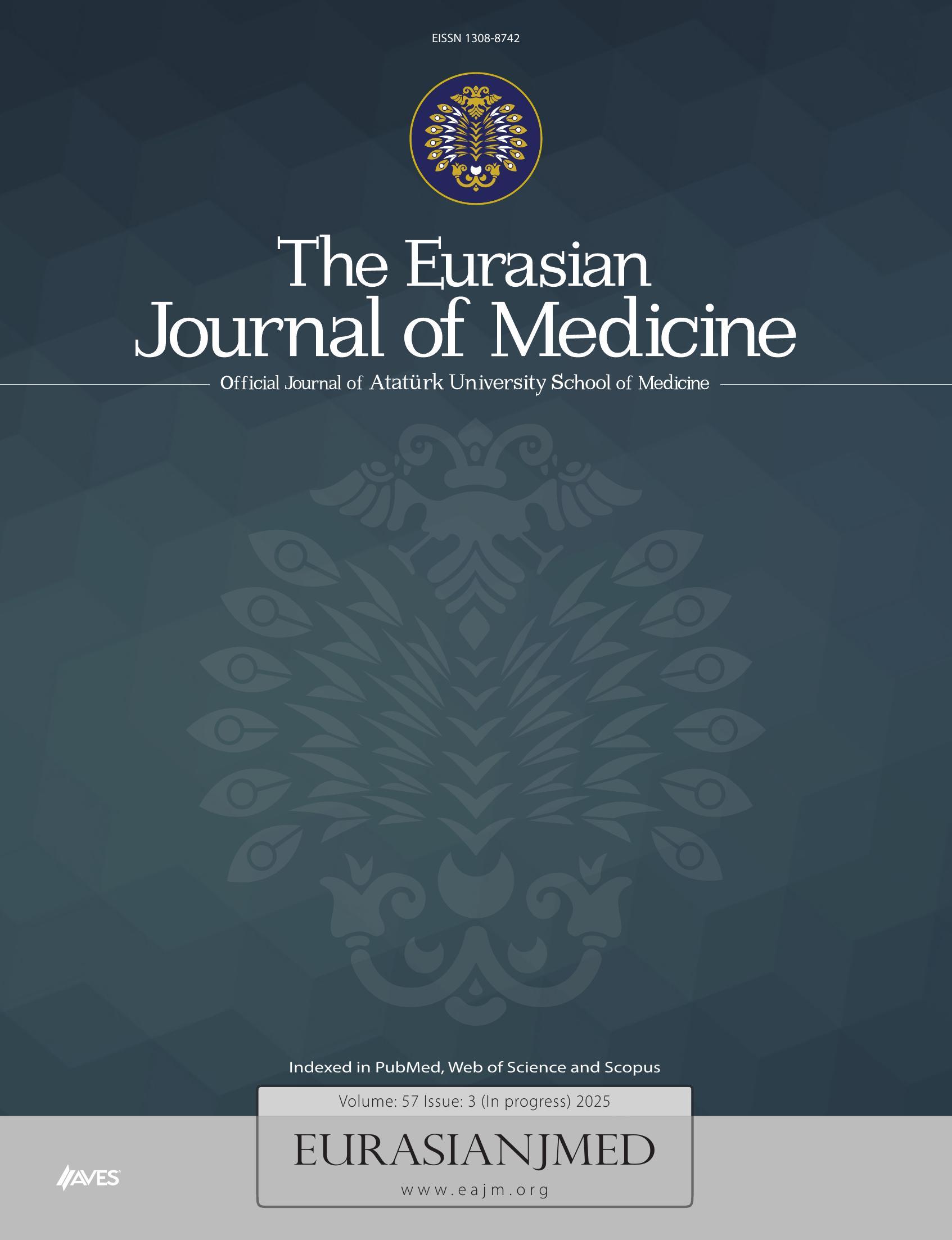Objective: Controversy exists around the world as experts disagree on what artificial intelligence will imply for humanity in the future. Medical experts are starting to share perspectives on artificial intelligence with ethical and legal concerns appearing to prevail. The purpose of this study was to determine how anesthesiology and reanimation specialists in Turkey perceive the use of artificial intelligence in ultrasound-guided regional anesthetic applications in terms of medical ethics and education, as well as their perspectives on potential ethical issues.
Materials and Methods: This descriptive and cross-sectional survey was conducted across Turkey between July 1 and August 31. Data were collected through an online questionnaire distributed by national associations and social media platforms. The questionnaire included questions about the descriptive features of the participants and the possible ethical problems that may be encountered in the use of artificial intelligence in regional anesthesia and 20 statements that were requested to be evaluated.
Results: The average age of the 285 anesthesiologists who took part in the study was 42.00 ± 7.51, 144 of them were male, the average years spent in the field was 10.95 ± 7.15 years, 59.3% were involved in resident training, and 74.7% habitually used ultrasound guidance regional anesthetic applications. Of the participants, 80% thought artificial intelligence would benefit patients, 86.7% thought it would benefit resident training, 81.4% thought it would benefit post-graduate medical education, and 80.7% thought it would decrease complications in practice. There will be no ethical issues if sonographic data are captured anonymously, according to 78.25%, while 67% are concerned about who will be held accountable for inaccuracies.
Conclusion: The majority of anesthetists believe that using artificial intelligence in regional anesthetic applications will decrease complications. Although ethical concerns about privacy and data governance are low, participants do have ethical worries about “accountability for errors.”
Cite this article as: Koçer Tulgar Y, Tulgar S, Güven Köse S, Köse HC, Çevik Nasırlıer G, Doğan M, Terence Thomas D. Anesthesiologists’ perspective on the use of artificial intelligence in ultrasound-guided regional anaesthesia in terms of medical ethics and medical education: A survey study. Eurasian J Med., 2023;55(2), 146-151.

.png)


.png)
.png)